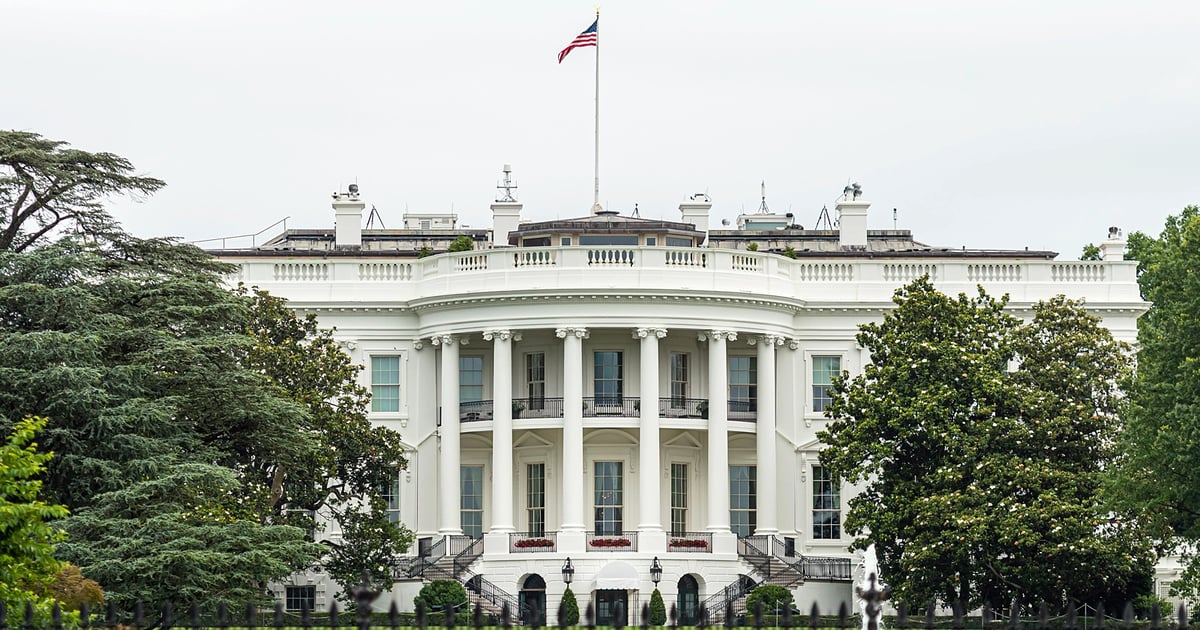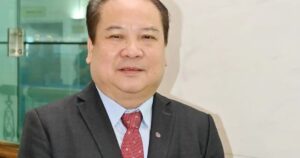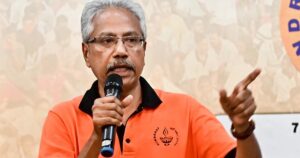
Elon Musk wants to establish a new political party in the US, a goal that has highlighted the growing dissatisfaction with the current two-party system. A recent CNN poll found that 63% of Americans support the idea of a third party, echoing similar polls conducted in 2023 and 2024.
Unsurprisingly, support fell sharply when respondents were asked if they would back a third party led by Musk. But frustration with what political scientist Lee Drutman calls “the two-party doom loop” remains a powerful undercurrent in American politics.
While the Republican Party has been co-opted and reshaped by US president Donald Trump‘s Maga (“Make America Great Again”) movement, protecting, promoting, and renovating democracy has become a fast-growing field.
The US Democracy Hub, created by the Democracy Funders Network, crunches public data from over 4,100 nonprofit groups and 27,000 funders to identify 70 “curated ecosystems” of organisations working on specific areas of democratic political reform, from voting rights to coalition-building to institutional renewal.
At the grassroots level, the National Civic League has mapped more than 11,000 organisations currently working to promote democratic discourse across the US.
Many groups have emerged to counter polarisation and rebuild a centre where Democrats and Republicans can come together and get things done. New entrants in this field include American Policy Ventures, Americans Together, More Perfect Union, and Keep Country First, which join older organisations like No Labels, the Bipartisan Policy Center, and Third Way.
Another group of organisations want to change who gets to Congress in the first place, by pushing for major electoral reforms that will allow more voters to choose between more candidates and parties. Examples include Open Primaries, Unite America, Veterans for All Voters, and FairVote.
Still others define themselves in terms of values and principles rather than any specific place on the political spectrum. Partners in Democracy, Forward Party, and the Leadership Now Project are prominent examples of groups seeking to ensure that US systems and institutions work for all Americans in a new economic, political, social, and technological age.
The Christian Right can serve as a model. When Reverend Jerry Falwell’s “Moral Majority” burst onto the US political scene in the 1970s, the voters it represented mobilised for policy outcomes in accordance with Christian values.
If enough pro-democracy groups come together with a powerful and credible vision of a new America, they could attract a similar cohort of “values voters” seeking to re-establish a secular civic creed.
The new essay anthology Out of Many, One: Writings on American Universalism offers a compelling statement of this approach. Published by Catalyst for American Futures – an organisation purpose-built to equip a patriotic, pluralistic movement to go on offense for liberal democracy – the book gathers 27 contributors (including me) to reflect on the “universal and radically democratic values at the heart of the American project”.
The editors seek to revive American universalism, a tradition dating back to the Civil War era but largely absent from recent political discourse. They define it as “a movement emphasising universal freedom, universal rights, and universal opportunity”.
Today, the concept finds little support at either end of the political spectrum. On the right, Maga Republicans often conflate it with “globalism,” the antithesis of America First. On the left, some critics argue that appealing to ideals rooted in the nation’s founding documents erases the lived experiences of marginalised groups.
By contrast, the contributors to Out of Many reclaim universalism as central to the American experiment. For organiser Ilyse Hogue, “focussing on the values that connect us” will empower us to fight tyranny, “transform our political economy,” and “renew our social contract”.
This renewed patriotism rests on a “both/and” approach. Theodore Roosevelt Johnson III, a Navy veteran whose grandfather was named after the first US president to host a Black man at the White House, reflects on swearing to defend a country that both champions and betrays its universalist ideals.
He recalls how, in WWI, Harlem-based Black regiments were denied the right to fight under the American flag and served under French command instead. “For the American experiment to succeed,” he writes, “it requires a people who can hold pride and shame together”.
My contribution also highlights the “both/and” nature of universalism. I argue that by 2026, we should at least begin the process of updating our national motto from E Pluribus Unum (“Out of Many, One”) to Plures et Unum (“Many and One”).
Many of the essays come from millennial and Gen Z voices – representatives of an increasingly diverse America. Hannah Koizumi and Hugh Jones, co-directors of the nonprofit Civic Attention, call on their generation – raised “in an internet age that foments outrage, nihilism, and tribalism” – to embrace “both the darkness and the light of the American story” and be “stewards of renewal rather than curators of viral grievance”.
An important theme running through the book is a deep belief in the ultimate triumph of unity over division – not a forced sameness that seeks to erase our differences, but a shared vision of America as a constitutional democracy striving to fulfil the promise of liberty, equality, and justice for all.
The America anchored in universal values that so many of us still believe in is not dead. It is just figuring out how to fight.

Anne-Marie Slaughter, a former director of policy planning at the US state department, is CEO of the think tank New America and professor emerita of politics and international affairs at Princeton University.
The views expressed are those of the writer and do not necessarily reflect those of FMT.






